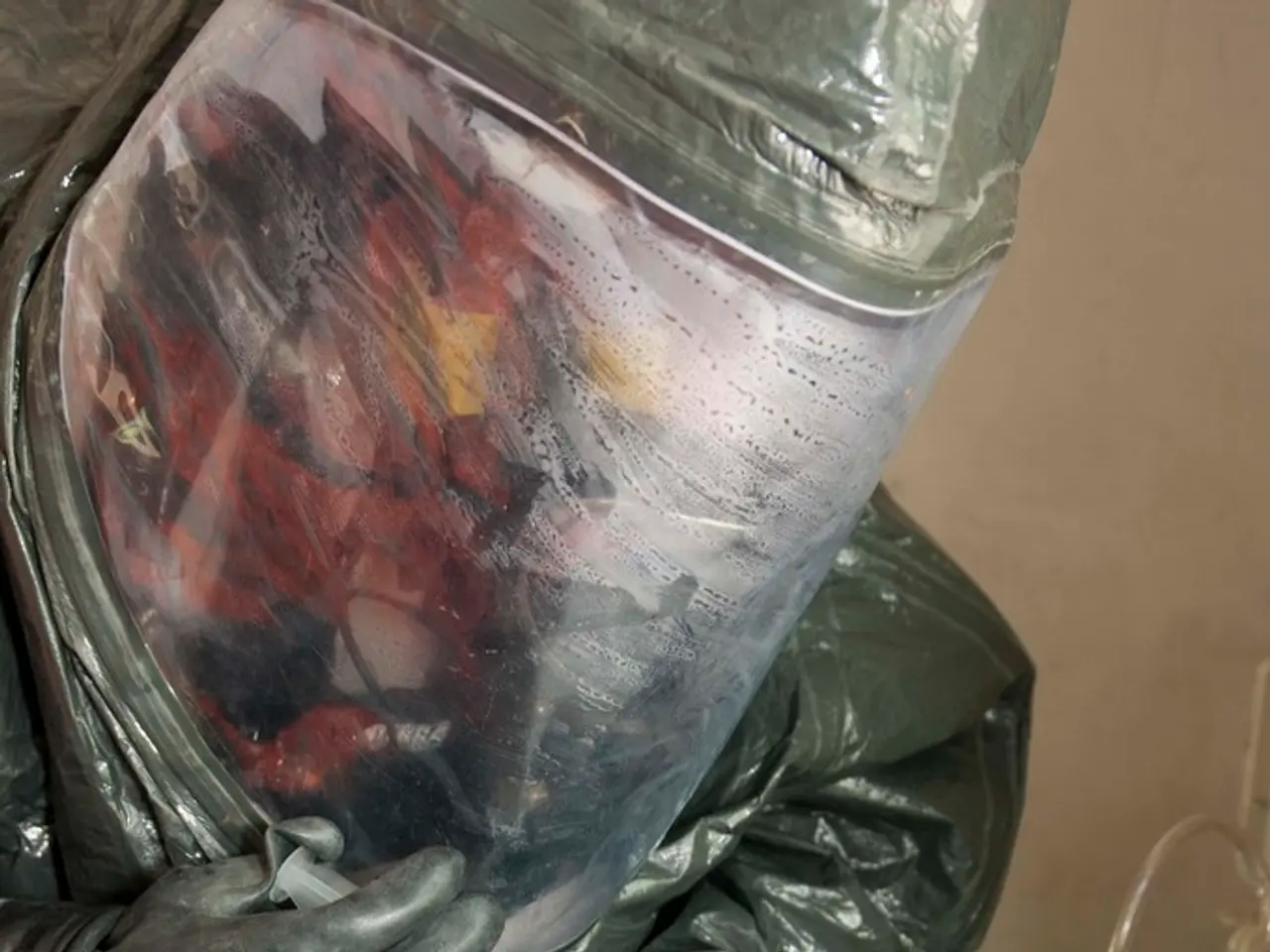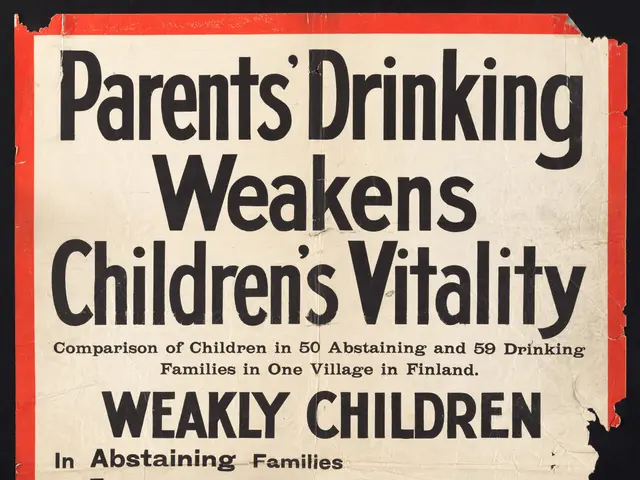Enlarged Vulva: Root Causes, Signs, Remedies, and Precautions
In this article, we delve into the world of home remedies for treating swollen labia, a common issue that affects many women. The key to managing this condition lies in reducing inflammation, soothing irritation, and maintaining hygiene and comfort.
Firstly, applying a cool compress to the vulva can help reduce swelling and inflammation. Wearing breathable cotton underwear is also beneficial, as it keeps the area dry and prevents further irritation. It's essential to keep the vulva dry to avoid moisture buildup, which can worsen swelling or irritation.
A warm bath or sitz bath can provide relief by soothing discomfort and gently cleansing the area. For those experiencing itching or allergic reactions, over-the-counter hydrocortisone cream can be used cautiously on the external vulva.
Baking soda baths, either dissolving 4-5 tablespoons in a bath or 1-2 teaspoons for a sitz bath, may help by altering the vaginal pH and reducing infections causing swelling. However, it's crucial to avoid scratching and harsh soaps or irritants.
Vaginal moisturizers or lubricants can relieve dryness if hormonal changes are a cause. If an infection is suspected, it's essential to consult a healthcare provider to rule out potential complications and determine the appropriate treatment.
Bacterial vaginosis (BV), a common condition affecting females aged 15-44, occurs due to an imbalance of bacteria in the vagina, causing symptoms such as swollen labia, a green or gray discharge, and a fish-like odor.
Sexual intercourse without adequate lubrication can cause friction, damaging the vaginal area and labia, leading to swelling and discomfort. Allergies or irritation can also cause swelling of the labia due to contact with an irritating product or allergen.
Swollen labia can be caused by infections and cysts, such as the Bartholin's cyst, a firm, noncancerous lump that usually occurs in people in their 20s and becomes less common with age.
Healthcare professionals use a variety of methods to diagnose the cause of swollen labia, including a medical and sexual history, a complete list of symptoms, a physical examination, vaginal or vulvar swabs, tissue samples, urine analysis, and further tests.
To prevent swollen labia, good hygiene practices, the use of contraception, avoidance of irritating products and clothing, only using antibiotics when necessary, taking probiotics, use of barrier contraception, use of lubrication during sexual activity, wiping from front to back after using the bathroom, and avoidance of douching are recommended.
In conclusion, home remedies for swollen labia, such as applying cool compresses, taking sitz baths, consuming probiotics, reducing sugar intake, removing allergens and irritants, and practicing good hygiene, can provide relief. However, it's crucial to consult a healthcare provider if symptoms persist or worsen, as they may require antibiotics, antifungal treatment, or hormonal therapies.
- Aq cool compresses applied to the vulva can help reduce swelling and inflammation in swollen labia.
- Hiv cotton underwear is beneficial for maintaining hygiene and comfort, reducing further irritation in swollen labia.
- Obesity, diabetes, and fungal infection of female can also cause swollen labia, requiring specific therapies and treatments.
- Type of vaginal swelling can be predicted through a medical history, list of symptoms, physical examination, and further tests.
- Asthma and mental health are not directly related to swollen labia, but maintaining overall health-and-wellness is crucial for good sexual-health and skin-care.
- Women's health, specifically vaginal health, can be affected by swollen labia, necessitating various predictive methods and treatments.
- Swollen labia can be prevented through good hygiene practices, contraception use, avoiding irritants and allergens, and proper skin-care.
- Science continually advances in understanding the causes and treatments for swollen labia, providing better resources for womens-health and treatments.






